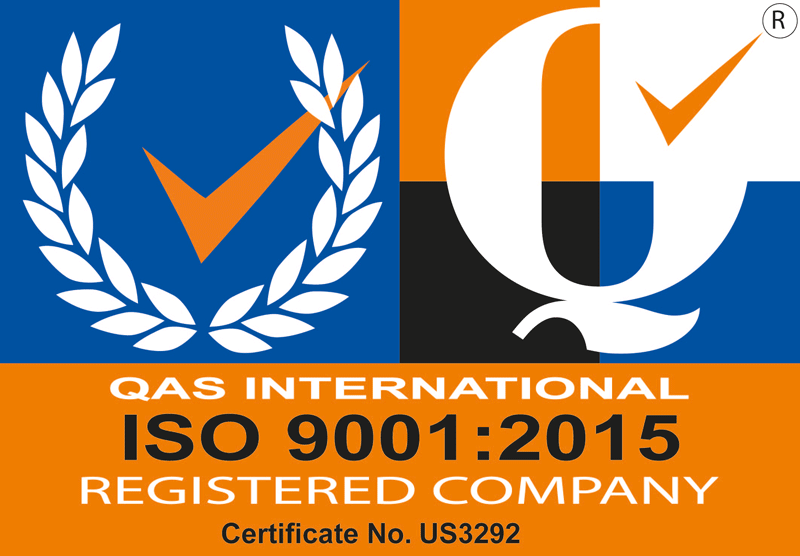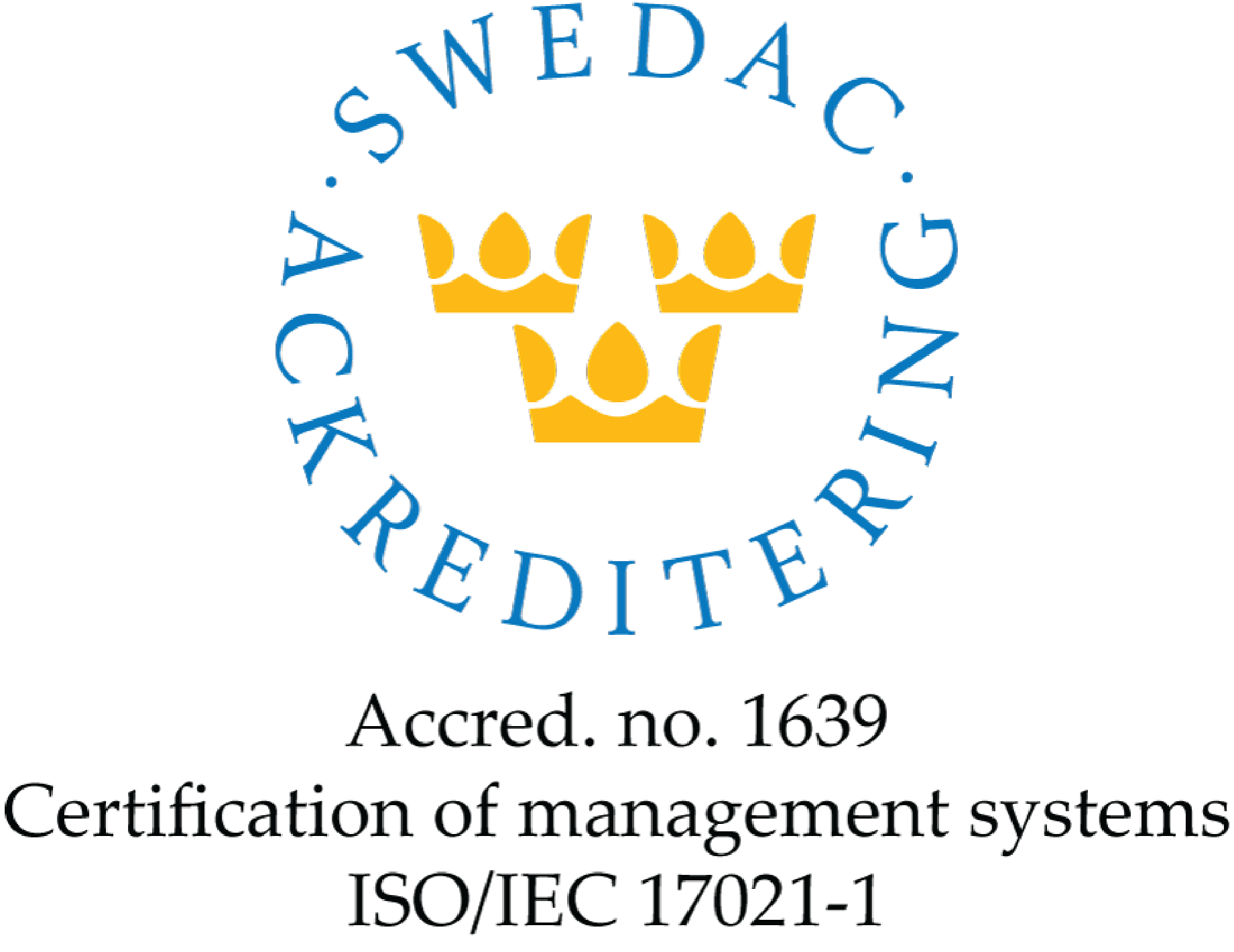US DOT/IATA Lithium Battery Testing Requirements

The U.S. Department of Transportation, along with the International Air Transport Association (IATA) requires that all lithium cells and batteries be tested for safety prior to being offered for transportation. The test criteria are listed in the UN Manual of Tests and Criteria, Sixth Revised Edition, Sub Section 38.3. These criteria are frequently known as UN 38.3.
Testing Requirements
The test criteria specify that tests be performed on all lithium cells and battery packs, and they must be completed prior to the first shipment. These tests need only be performed once. All cell types shall be subjected to tests T.1 to T.6 and T.8. All non-rechargeable battery types shall be subjected to tests T.1 to T.5, and all rechargeable battery types shall be subjected to tests T.1 to T.5 and T.7. The test criteria specify the number of cells and batteries that must be tested.
The tests consist of:
T.1: Altitude Simulation
T.2: Thermal Test
T.3: Vibration
T.4: Shock
T.5: External Short Circuit
T.6: Impact/Crush
T.7: Overcharge
T.8: Forced Discharge

Details of each test can be found in UN Manual of Tests and Criteria, Sixth Edition, Sub Section 38.3. This can be downloaded at:
https://www.unece.org/fileadmin/DAM/trans/danger/publi/manual/Rev7/Manual_Rev7_E.pdf
Each tested cell or battery must contain a Lithium Battery Test Summary to be eligible for shipment. It is also required that manufactures and distributors make available the test summary using a standardized set of elements. More information about the Lithium Battery Test Summary can be found at:

When Excell Battery is involved in the design of a lithium battery, a discussion of the UN 38.3 test requirements will occur with the customer to ensure compliance with shipping regulations. In many cases, a Test Summary can be issued based on the similarity to another tested battery. UN 38.3 specifies that cells or batteries be subjected to the tests if the new design differs from a tested type by:
- A change of more than 0.1 g or 20% by mass, whichever is greater, to the cathode, to the anode, or to the electrolyte;
- For rechargeable cells and batteries, a change in nominal energy in Watt-hours of more than 20% or an increase in nominal voltage of more than 20%; or
- A change that would materially affect the test results,
Helping to Save Testing Costs
To attempt to save design cost, Excell Battery will discuss with the customer whether a battery Test Summary can be issued for a new battery based on similarity to a previously tested type.
UN 38.3 specifies the procedures to be followed to ensure safety of lithium batteries for transport. Additional regulations by the US DOT, Transport Canada, IATA, ICAO, IMDG (and others) cover the transport of lithium cells and batteries, and specific training requirements, that must be followed by all shippers of lithium batteries.



